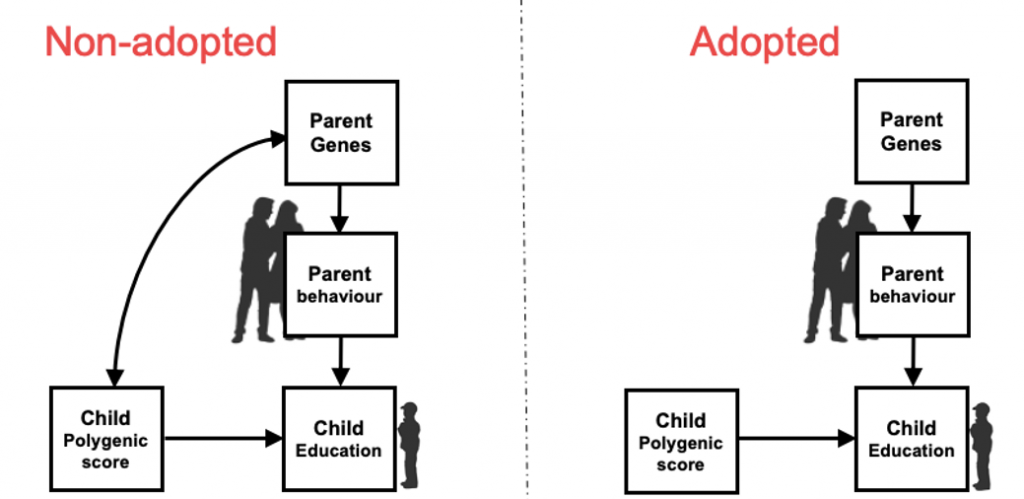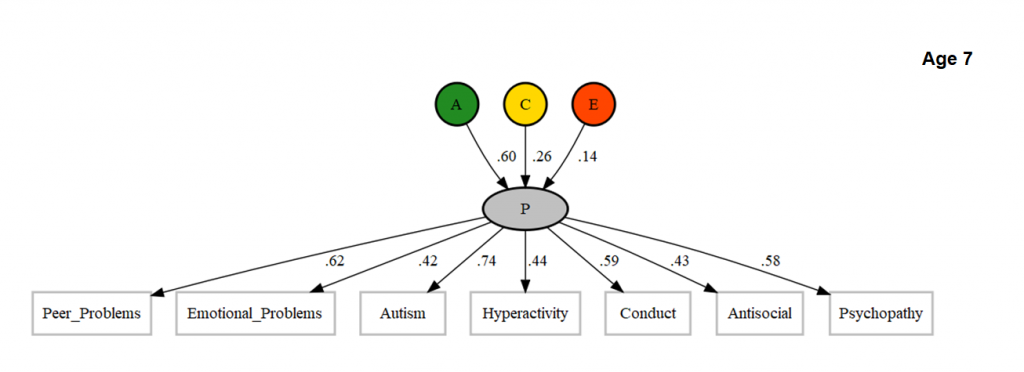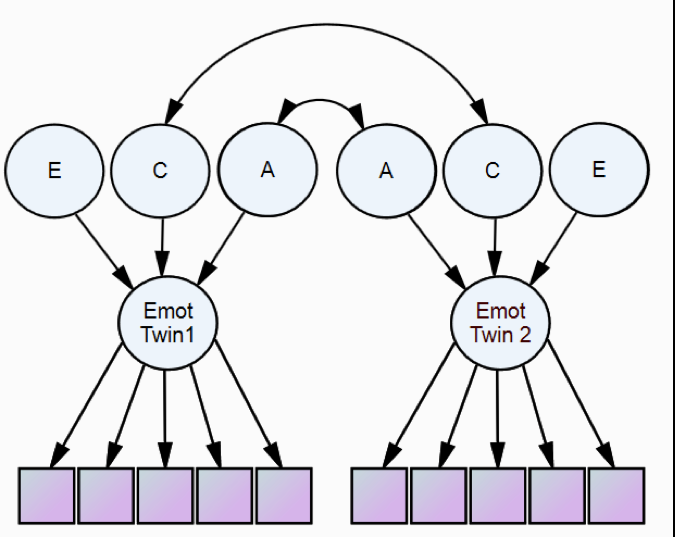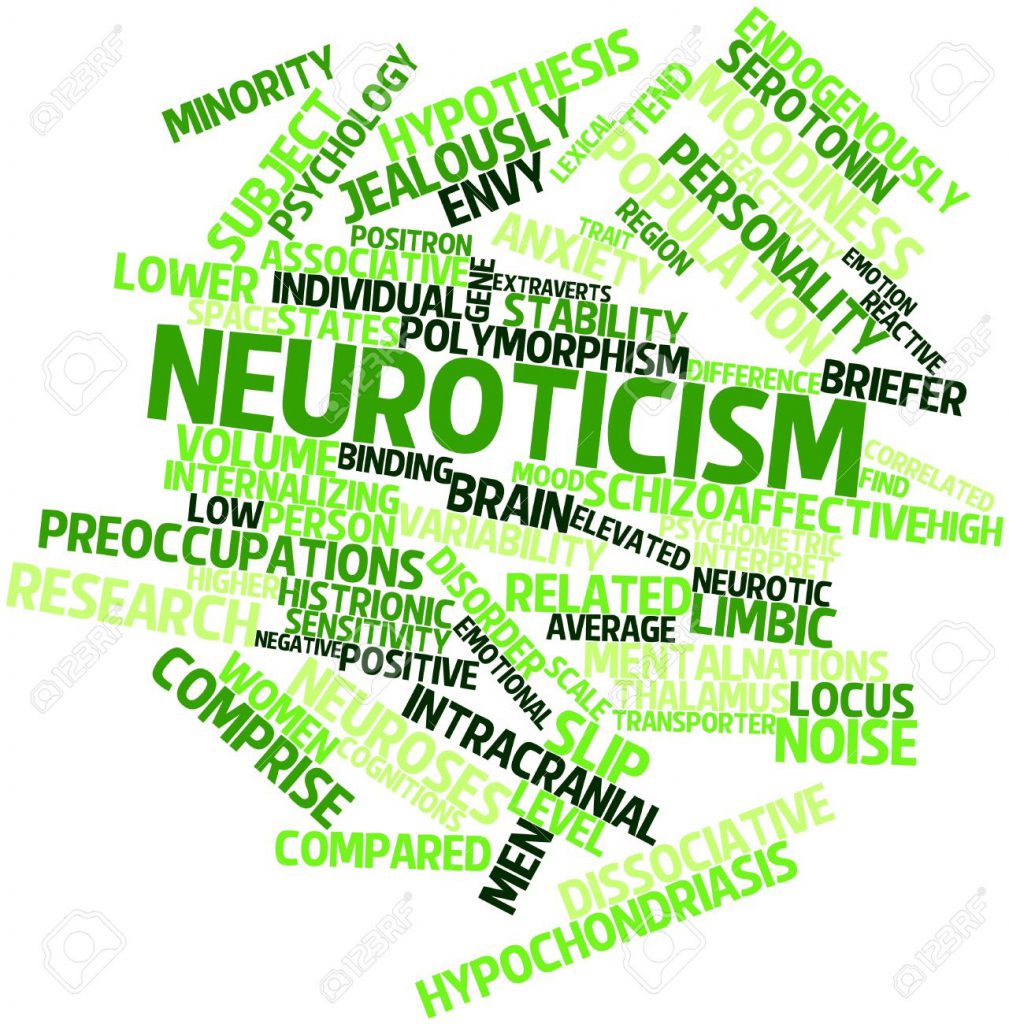
Genetic prediction of educational attainment: the important role of parental behaviour

Genetic prediction of educational attainment: the important role of parental behaviour

Saying that depression is just about feeling sad is just like saying ‘the flu is only about sneezing’. This blog explains why depression is more severe, persistent and pervasive than sadness. Written by PhD student Rosa Cheesman and placement student Tilly Minchin.

Researchers from EDIT lab and the Twins Early Development Study have just published an article about the genetics of the ‘p factor’ across childhood and adolescence. What is the p factor and what did they find?

For Mental Health Awareness Week, the BBC is showing a series of films featuring public figures talking about their personal experiences with mental illness. In one of these, Nadiya Hussain (chef, author, and television presenter) talks to me and my twin sister Margie about what twins can tell us about…

This blog explains our latest publication in which we analysed Twins Early Development Study data on emotional problems across childhood and adolescence. Accurate assessment is difficult but essential if we are to understand the influences on emotional problems. We took advantage of longitudinal data (i.e. taken across time) to define…

Neuroticism is a personality trait characterised by easily experiencing negative emotions. This A-Z blog offers some highlights of what is currently known about the genetic and environmental influences on neuroticism, as well as its overlap with and relevance for psychiatric disorders.

Decades of twin studies have shown that childhood behaviour problems including anxiety, depression, conduct and hyperactivity are substantially heritable. However, our recent research found that individual differences in behaviour problems are not significantly influenced by the common DNA differences that we directly measure. This finding held across diverse domains of…

Behavioural problems in childhood, such as anxiety, depression, hyperactivity, and conduct disorder are common. In the US, the likelihood of having one or more such problems is greater than 1 in 10. Our recent study asked to what extent individual differences in behaviour problems can be explained by differences in…

Methods and concepts in Behavioural Genetics are intrinsically statistical, and jargon and acronyms abound. This often makes the research difficult for people outside of the field (and in the field) to understand and critique. In light of this, Rosa [EditLab PhD student] takes a look at the world’s most famous…

Data are perceived by some as a kind of currency, a source of boundless knowledge, with the potential to prevent suffering and death. However, taking a closer look at the etymology of the word prompts careful reconsideration of our assumptions about – and uses of – data in the context of psychiatry.
Recent Comments